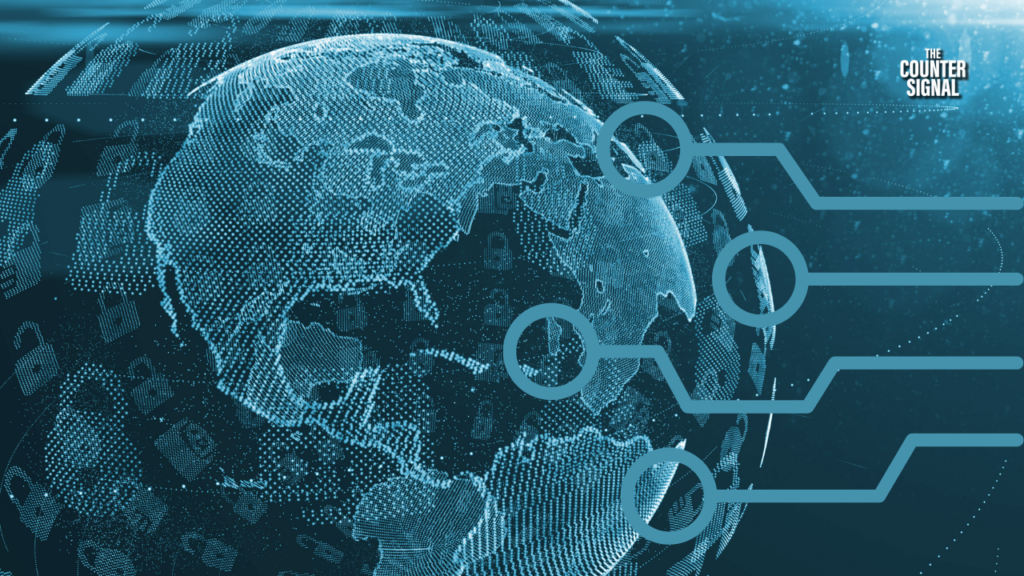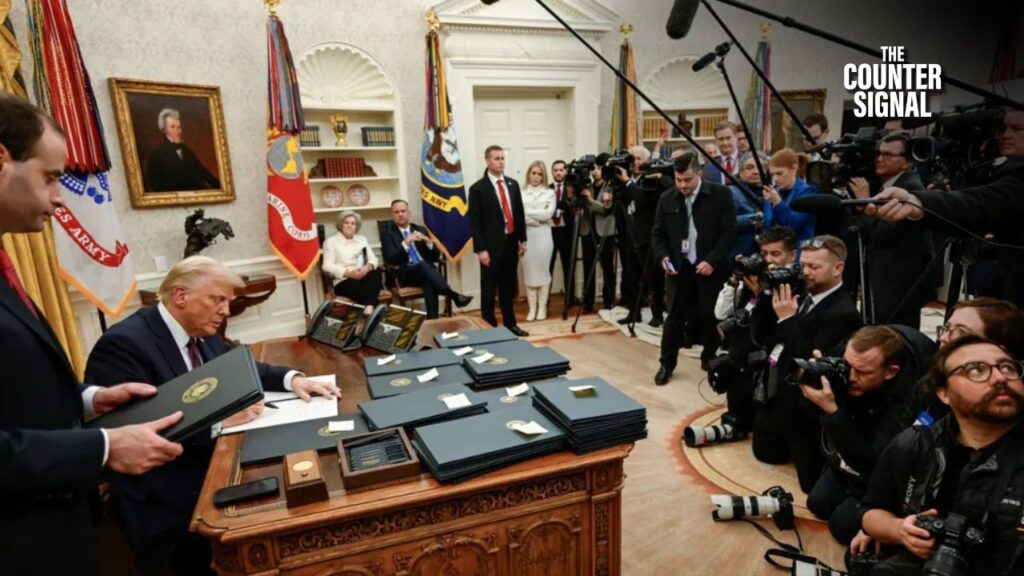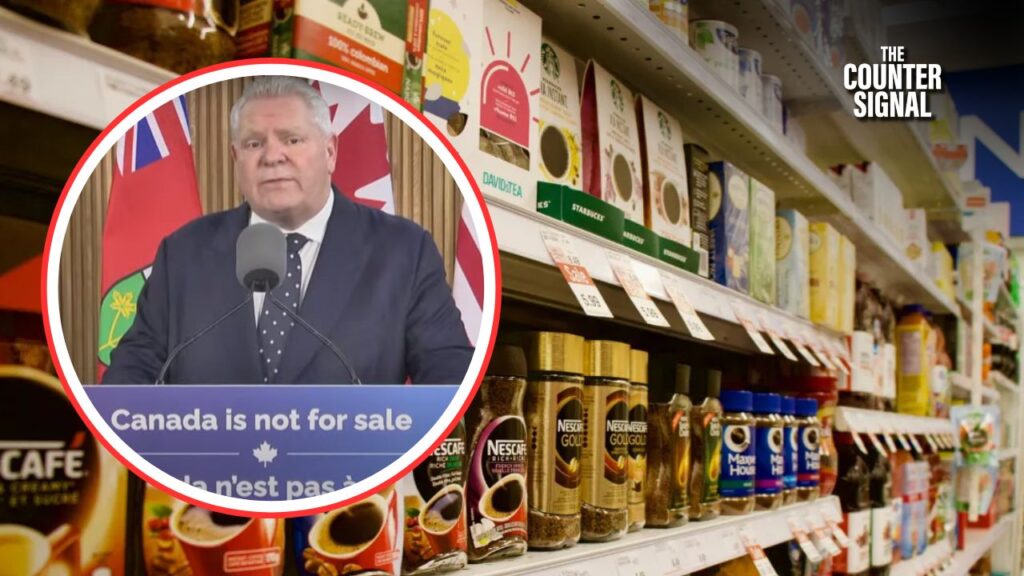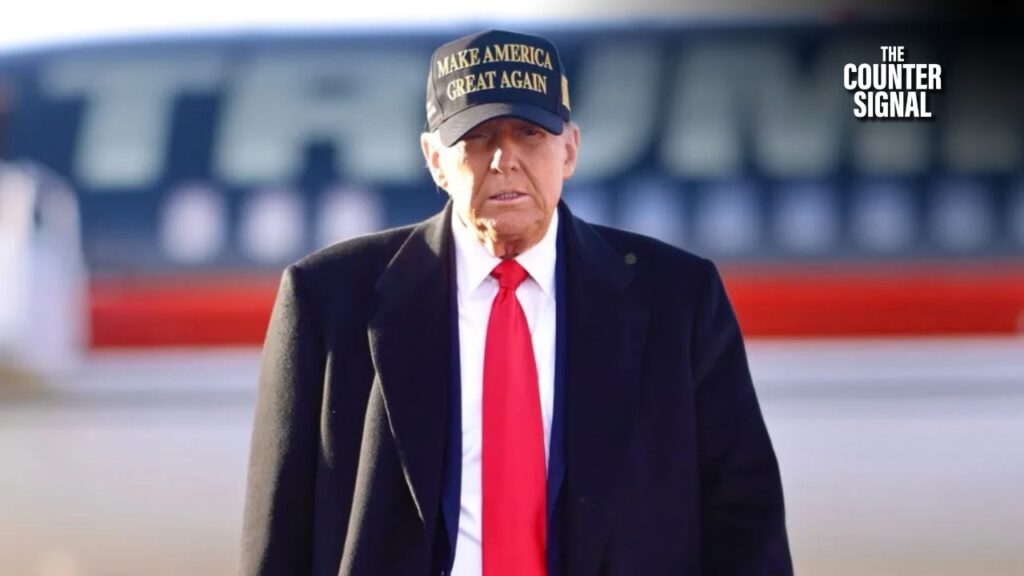Canadians have taken to the streets to march in support of Dutch farmers in their fight against their government’s insane climate agenda.
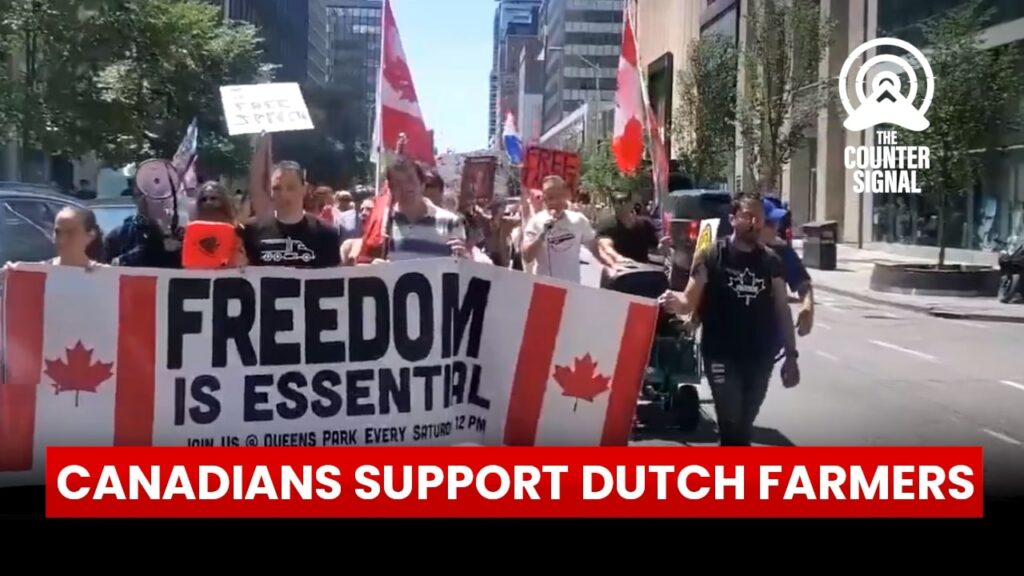
“Truckers, farmers, freedom,” a man with a megaphone can be heard saying.
Canada – Toronto [Jul 9, 2022]
— talk•time (@zoominfire1) July 11, 2022
CANADIANS SUPPORTING the DUTCH FARMERS .#Freedom pic.twitter.com/WZwyPY6QVi
Video from July 9 shows Canadians marching through the streets of Toronto holding both Canadian and Netherlands flags along with several signs.
“Freedom is essential,” one sign reads, while other signs read “I stand with Dutch farmers” and “Free Tamara.”
Since the protests in Holland began, neighbouring Germany, followed by Italy, Poland, and now Canada, have stood in solidarity with the Dutch in their fight against a nitrogen emissions reduction policy that will kill farming jobs and force many to sell land that’s been in their families for generations.
And Canadians have every reason to stand with the Dutch, as they are facing almost the exact same career-destroying policy.
As previously reported by The Counter Signal, in December 2020, the Trudeau government unveiled their new climate plan, with a focus on reducing nitrous oxide emissions from fertilizer by 30% below 2020 levels by 2030.
“Nitrous oxide emissions, particularly those associated with synthetic nitrogen fertilizer use have also grown significantly. That is why the Government of Canada has set the national fertilizer emissions reduction target, which is part of the commitment to reduce total GHG emissions in Canada by 40-45% by 2030,” a news release from Agriculture and Agri-Food Canada reads.
Similarly, Dutch PM Mark Rutte’s government wants to reduce nitrous oxide emissions from fertilizer — except by 50% rather than 30%.
Besides attacking the Agriculture industry, both countries are also the target of the World Economic Forum, having signed up to be pilot countries for the WEF’s “Known Traveller Digital Identity.”
“The pilot group, convened by the World Economic Forum, consists of the Government of Canada and the Netherlands, Air Canada, KLM Royal Dutch Airlines, Montreal-Trudeau International Airport, Toronto Pearson International Airport, and Amsterdam Airport Schiphol,” writes the WEF.
The website claims it’s based on a “decentralized digital identity” that will allow governments to confirm proof of citizenship and other aspects of identity. Every time a government checks a person’s digital ID, it is added to their record, possibly affecting their standing (i.e., a de facto social credit score).
“These attestations are the backbone of trust and the basis of reputation and, ultimately, how security decisions are made by each participating organization. The more attestations a traveller collects, the more known he or she could become,” it reads.
“It is important to note that in order to be allowed to travel, the traveller must share all information required by the relevant entity (such as a border agency.).”
Indeed, despite living thousands of kilometres away, Canadians and the Dutch have a lot to come together over, and some Dutch protesters have said they took inspiration from the Canadian Freedom Convoy.




